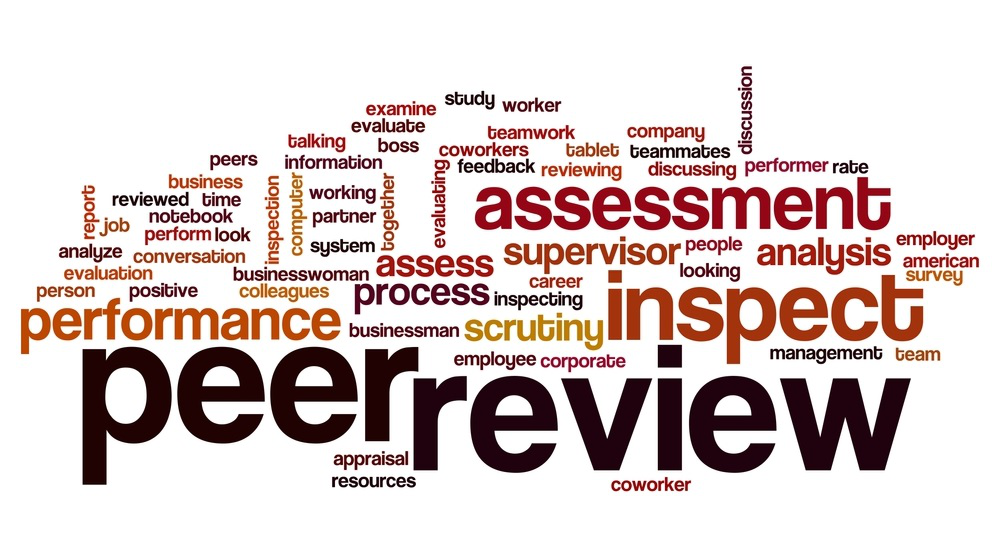Integrating Machine Learning and Human Feedback for Employee Performance Evaluation
DOI:
https://doi.org/10.69987/JACS.2022.20101Keywords:
Employee Performance Evaluation, Machine Learning (ML), Random Forest Algorithm, Data-Driven Feedback, Human Feedback, Performance MetricsAbstract
Employee performance evaluation has traditionally relied on subjective methods such as annual reviews, peer assessments, and self-reports, often leading to inconsistencies and biases. This study investigates the application of machine learning (ML), specifically the random forest algorithm, to enhance objectivity and consistency in performance evaluation. By leveraging large datasets, ML models offer data-driven feedback on key performance metrics, such as productivity and task completion rates, reducing the inherent subjectivity found in traditional systems. This research compares ML-driven feedback with human feedback across various performance categories, highlighting the advantages and limitations of both approaches. The findings suggest that while ML feedback offers superior consistency for quantifiable metrics, human feedback is essential for assessing soft skills such as leadership potential and emotional intelligence. The study also examines employee acceptance of ML feedback, identifying demographic factors that influence feedback receptivity. By integrating both ML-driven and human feedback systems, organizations can achieve more balanced, accurate, and fair performance evaluations. This research provides valuable insights into the future of performance management, where AI and human oversight work together to foster continuous development and transparency.
Downloads
Published
Issue
Section
License
Copyright (c) 2022 © 2024 Journal of Advanced Computing Systems (JACS). All rights reserved. Authors retain copyright and grant JACS right of first publication under a Creative Commons Attribution License.

This work is licensed under a Creative Commons Attribution 4.0 International License.











